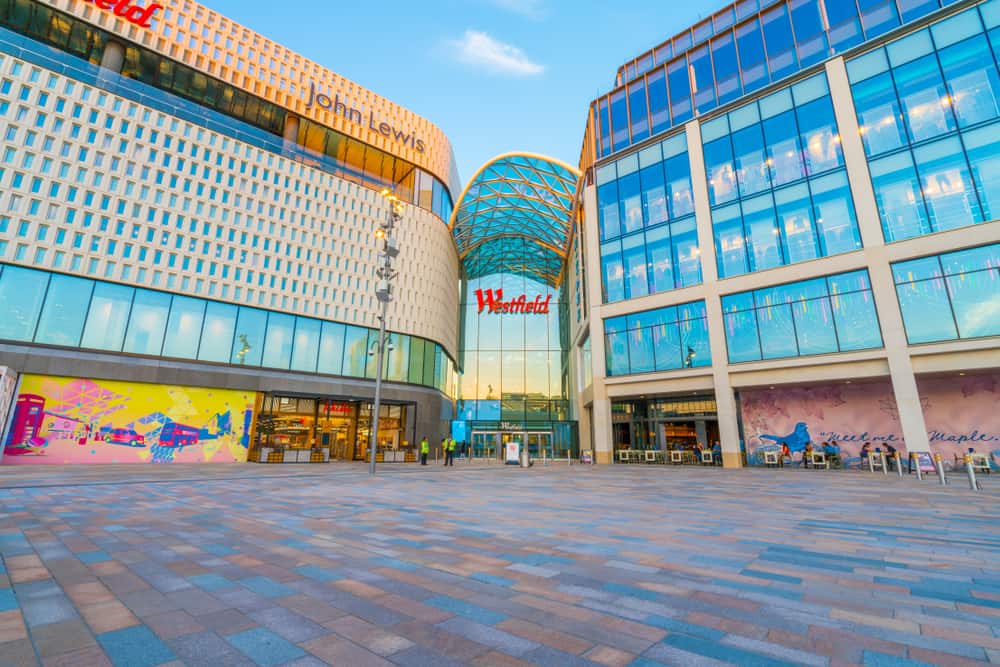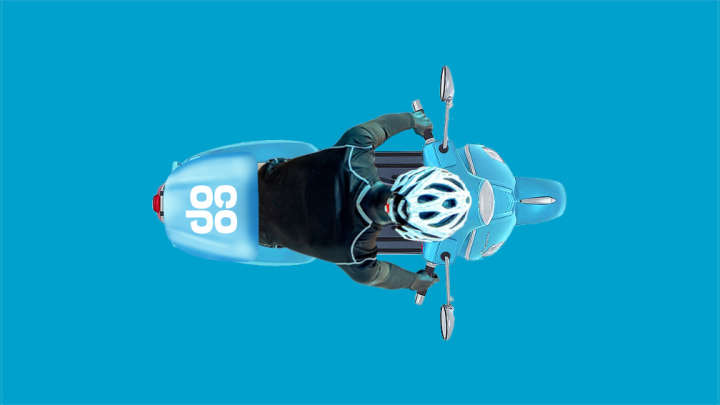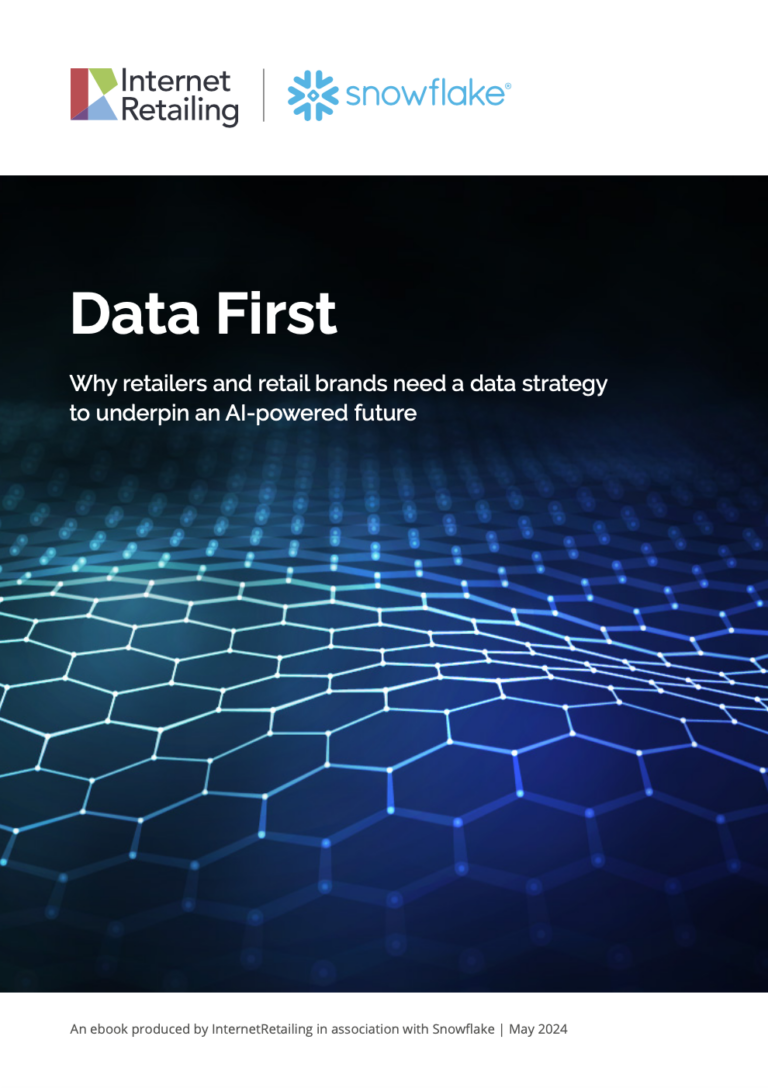Morrisons’ chief executive Dalton Philips, has pledged that the supermarket will move from the back of the pack to the forefront of retail by the time its transition to multichannel is complete in 2015.
When the supermarket’s online delivery service for food launches in “a few months,” he said, “I am confident it will set – and continue to set – new standards for online deliveries. It won’t only be first-class when we launch. We’ll continue to stay ahead of the field.”
He said the company would continue to innovate and set the standards that others follow in multichannel grocery retailing, becoming by 2015 a “true national multichannel and multi-format player”.
The supermarket, he told an invited audience at Centre Point in London yesterday, that its multichannel services would be underpinned by best-in-class systems. And by buying in IT and teaming up with Ocado to manage its fulfillment rather than developing its own technology, he said, Morrisons’ approach to multichannel grocery deliveries would be profitable within four years.
To achieve that, the supermarket has spent £300m to update 20th century systems that have been holding the supermarket back in what Philips said was “the most advanced rebuilding of retail systems anywhere in the world.” Those systems, he said, include visibility of its food supply chain, electronic reordering and improved distribution systems.
He said the emphasis in the company’s online channel, which is set to launch “in a few months,” and in its fast-expanding convenience channel, would be on fresh food, with a focus on affordability and quality that was “exactly right for these hard times.”
Yesterday Philips said the move to multichannel retail would mean that it can “compete on a level playing field for the first time.”
Large hypermarkets had proved to be, said Philips, a blip in retail history, and one that justified Morrisons’ decision not to expand its space. But it had to respond to what he described as a “structural and permanent shift in consumer behaviour that is now underway”.
While core supermarket business declined last year at the like-for-like level, said Philips, online and convenience sales grew by double digits.
‘When less than a third of the growth in the market came in these two channels, as was the case in 2010, Morrisons could compete because oft eh strength of our customer offer,” he said.
“But when the figure reaches over 50% as it now has, defying gravity becomes a lot harder. In a retail business, indeed any business, you need to be where the growth is. And it was clear we were not.”
Philips said Morrisons’ involvement both in its Kiddicare acquisition and its Fresh Direct US investment had told it that building its own technology from scratch “was not the right way forward for us.” He also said the company had learned from its earlier acquisition of Safeway not to try to update the technology all at once in a Big Bang approach.
“There should be no surprise about [the decision not to build our own technology],” he said. “Our expertise is in retailing not technology. We don’t build our own delivery vans. We buy the best we can.
“The only reason you would start from the design stage is if the technology didn’t exist or it wasn’t very good. And neither is true anymore.”
During the course of the year Morrisons has built up its M Local convenience store presence and expects to have 100 stores by the end of the year.
Philips also gave revealing insights into how the state of Morrisons’ technology up to now has held it back from online retailing.
“We’ve been running a 21st century business on systems and infrastructure firmly stuck in the 20th century,” he said.
“Cash takings were counted every night in every store by hand – quite an undertaking for an £18 billion business. Tracking goods from our manufacturing plants to the tills involved a great deal of manual input and paperwork. Restocking of our main lines was done by staff walking down every aisle, looking at the shelves and writing down what we need.
“Even in 2013, our store managers have no real-time way of knowing what products are on their shelves, in the stockrooms or where replacements are in the distribution chain.
“This lack of basic information has many knock-on effects.
“It means, for example, that we have to keep more products in our stores and distribution centres just in case they are needed, adding to our costs. Our antiquated systems even limit the promotions we can run. They don’t easily allow us to offer promotions involving a mix of different products or a buy three and get one free deal.
“In fact, our lack of smart systems was a major barrier to us being involved in convenience and on-line.
They are only just becoming able to let us vary the product mix we offer in our convenience stores to reflect different communities.”









